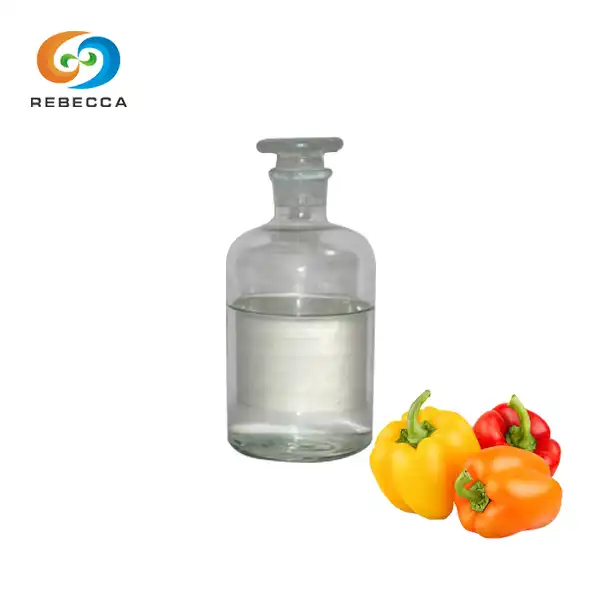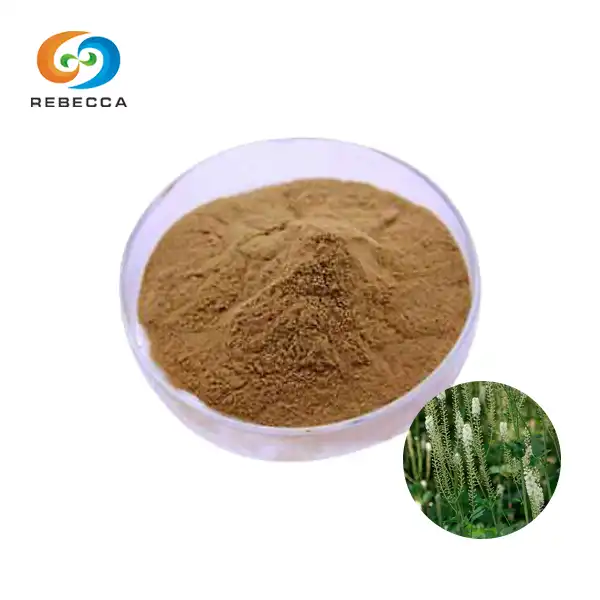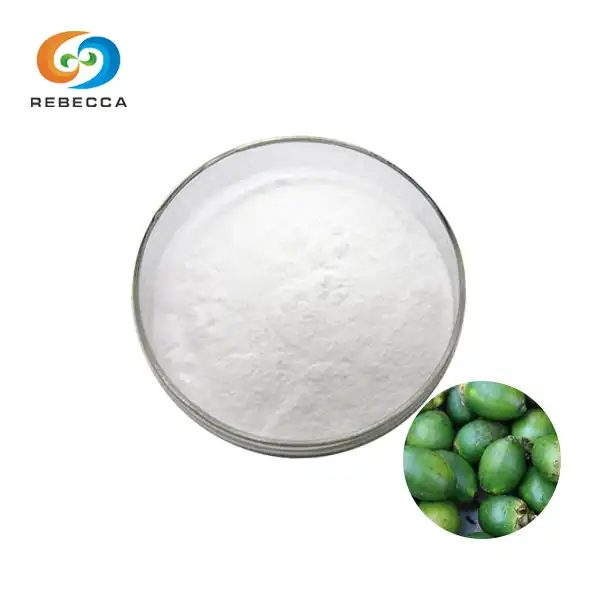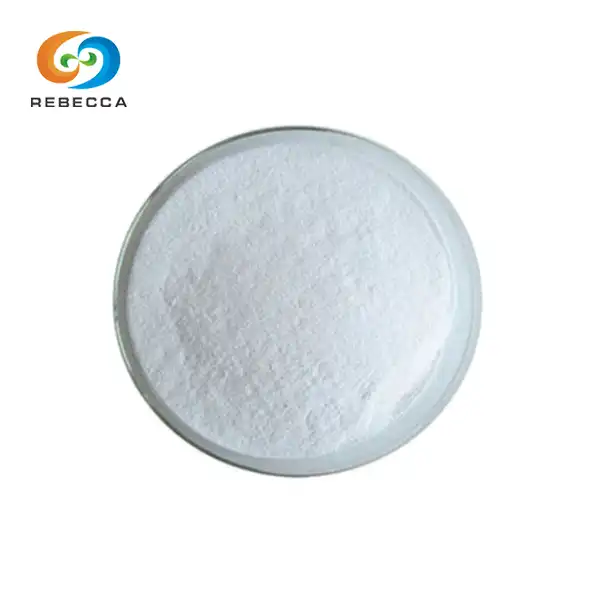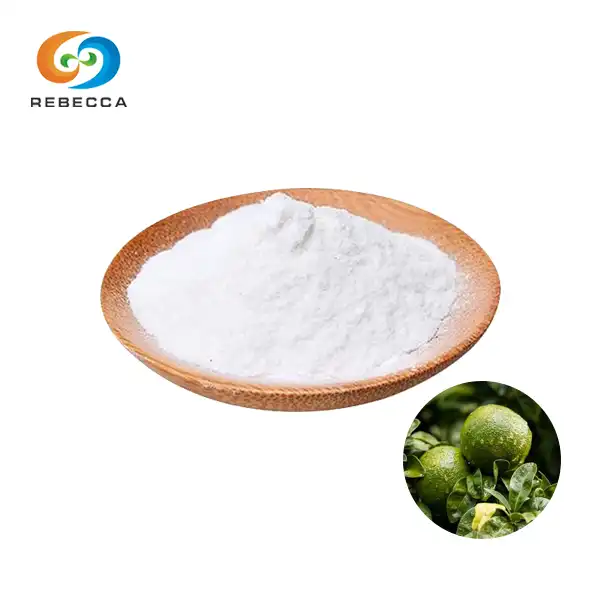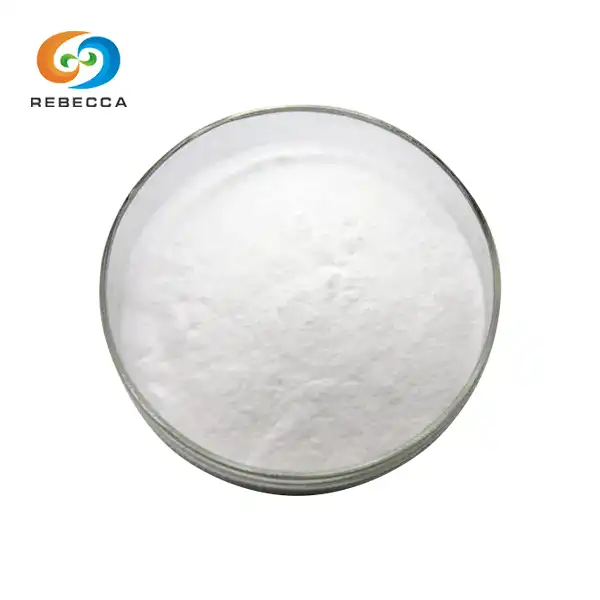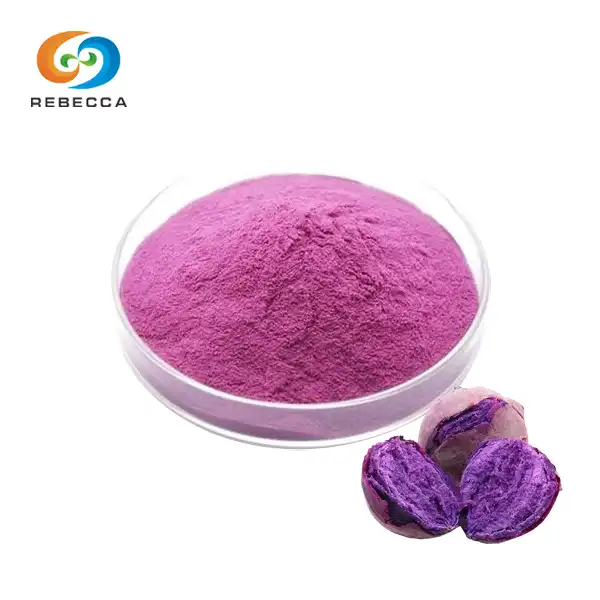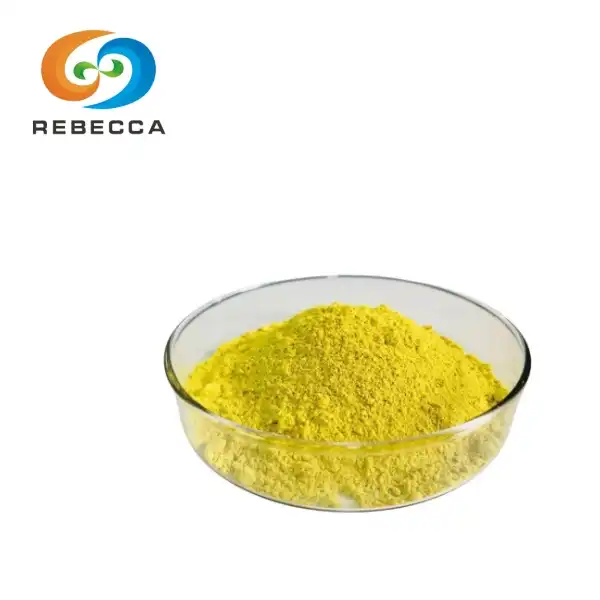What foods are high in fucoxanthin?
Fucoxanthin, a unique carotenoid found primarily in marine algae, has gained significant attention in recent years due to its potential health benefits. As interest in this compound grows, many people are curious about where they can find fucoxanthin powder in their diet or if supplements are a viable option. In this comprehensive guide, we'll explore the natural sources of fucoxanthin, examine which seaweeds are particularly rich in this compound, investigate potential non-marine sources, and discuss the pros and cons of fucoxanthin supplements.

Natural Marine Sources of Fucoxanthin: Seaweed Varieties
When it comes to natural sources of fucoxanthin, marine algae, particularly brown seaweeds, reign supreme. These underwater plants have evolved to produce organic fucoxanthin as a light-harvesting pigment, allowing them to thrive in deeper waters where sunlight is limited. Let's explore some of the seaweed varieties that are known to be rich in fucoxanthin:
1. Wakame (Undaria pinnatifida)
Wakame is a type of edible seaweed that is commonly used in Japanese cuisine. It's often found in miso soup and seaweed salads. Wakame is considered one of the richest sources of fucoxanthin, containing approximately 0.31 mg of fucoxanthin per gram of dried weight. This makes it an excellent choice for those looking to incorporate fucoxanthin into their diet naturally.
2. Hijiki (Sargassum fusiforme)
Hijiki is another brown seaweed popular in Japanese cuisine. While it's known for its high mineral content, it's also a good source of fucoxanthin. However, it's important to note that hijiki has been found to contain high levels of inorganic arsenic, so consumption should be limited.
3. Kombu (Laminaria japonica)
Kombu, also known as kelp, is widely used in East Asian cuisine, particularly for making dashi (soup stock). It's a significant source of fucoxanthin, though the exact content can vary depending on harvesting conditions and processing methods.
4. Mozuku (Cladosiphon okamuranus)
Mozuku is a type of edible seaweed native to Okinawa, Japan. It's not only rich in fucoxanthin powder but also contains fucoidan, another beneficial compound. Mozuku has been the subject of several studies investigating the health benefits.
While these seaweeds are excellent sources of fucoxanthin, it's worth noting that the fucoxanthin content can vary significantly based on factors such as the seaweed's growing conditions, harvesting time, and processing methods. Additionally, the bioavailability of fucoxanthin from whole seaweed may be lower compared to extracted forms.

Can Fucoxanthin Be Found in Non-Marine Foods?
While fucoxanthin extract is primarily associated with marine algae, there has been some research into potential non-marine sources of this compound. However, it's important to note that the presence of fucoxanthin in non-marine sources is generally much lower compared to seaweeds, and in some cases, the findings are still preliminary.
1. Microalgae Cultivation
Some researchers have explored the possibility of cultivating microalgae that produce fucoxanthin powder in controlled environments. For example, a study on the microalga Isochrysis galbana showed that it could produce fucoxanthin under specific cultivation conditions. While this isn't a food source per se, it could potentially lead to new ways of producing fucoxanthin for supplements or food additives.
2. Transgenic Plants
There have been attempts to introduce fucoxanthin-producing genes into land plants. For instance, a study successfully introduced genes from the marine diatom Phaeodactylum tricornutum into tobacco plants, resulting in the production. While this research is still in its early stages and not commercially available, it suggests the possibility of developing land-based plants that could produce fucoxanthin powder in the future.
3. Fungi
Some fungi have been found to produce compounds similar to fucoxanthin. For example, a study on the fungus Lentinus edodes (shiitake mushroom) identified a compound with a structure similar to fucoxanthin. However, it's important to note that these compounds are not identical to the fucoxanthin found in seaweed, and their potential benefits may differ.
Despite these research efforts, it's crucial to understand that currently, there are no significant non-marine food sources of fucoxanthin that can match the levels found in seaweeds. For those looking to increase their fucoxanthin intake, marine sources or supplements remain the most viable options.

Fucoxanthin Supplements: A Viable Alternative?
Given the challenges of incorporating sufficient amounts of fucoxanthin-rich seaweeds into a typical diet, many people turn to supplements as an alternative. Fucoxanthin supplements, often derived from brown seaweed extracts, offer a concentrated form of this compound. But are they a good alternative to food sources? Let's explore the pros and cons:
Advantages of Fucoxanthin Supplements:
- Concentrated Dose: Supplements typically provide a much higher concentration of fucoxanthin than what you'd get from eating seaweed, making it easier to achieve potentially beneficial doses.
- Convenience: For those who don't enjoy the taste of seaweed or find it difficult to incorporate into their diet regularly, supplements offer an easy alternative.
- Standardized Content: Quality supplements will provide a standardized amount of organic fucoxanthin per dose, allowing for more consistent intake.
- Improved Bioavailability: Some fucoxanthin supplements are formulated to enhance absorption, potentially making them more effective than whole food sources.
Potential Drawbacks:
- Lack of Whole Food Benefits: Supplements may not provide the additional nutrients and compounds found in whole seaweeds, which could have synergistic health effects.
- Quality Concerns: The supplement industry is not as strictly regulated as the food industry, which can lead to concerns about product quality and purity.
- Cost: High-quality fucoxanthin supplements can be expensive, especially compared to dietary sources of seaweed.
- Limited Research: While organic fucoxanthin shows promise in laboratory and animal studies, human clinical trials are still limited, making it difficult to determine optimal dosages and long-term effects.
When considering fucoxanthin supplements, it's crucial to choose products from reputable manufacturers who provide third-party testing results. Always consult with a healthcare professional before starting any new supplement regimen, especially if you have pre-existing health conditions or are taking medications.

Fucoxanthin Powder Supplier
Looking to secure a reliable partner for your production needs? Look no further than Rebecca Bio-Tech. With our three advanced production lines, we produce over 100 high-quality products, including fucoxanthin powder, with an annual capacity exceeding 2,000 tons. Our commitment to a stable supply chain ensures consistent availability for your business. We offer competitive pricing and provide free samples along with MSDS documents, showcasing our dedication to transparency and customer satisfaction. Reach out to us at information@sxrebecca.com to learn more and take the first step towards a successful partnership.
References:
- Maeda, H., Hosokawa, M., Sashima, T., Funayama, K., & Miyashita, K. (2005). Fucoxanthin from edible seaweed, Undaria pinnatifida, shows antiobesity effect through UCP1 expression in white adipose tissues. Biochemical and Biophysical Research Communications, 332(2), 392-397.
- Rose, M., Lewis, J., Langford, N., Baxter, M., Origgi, S., Barber, M., ... & Thomas, K. (2007). Arsenic in seaweed—Forms, concentration and dietary exposure. Food and Chemical Toxicology, 45(7), 1263-1267.
- Miyashita, K., Nishikawa, S., Beppu, F., Tsukui, T., Abe, M., & Hosokawa, M. (2011). The allenic carotenoid fucoxanthin, a novel marine nutraceutical from brown seaweeds. Journal of the Science of Food and Agriculture, 91(7), 1166-1174.
- Terasaki, M., Hirose, A., Narayan, B., Baba, Y., Kawagoe, C., Yasui, H., ... & Miyashita, K. (2009). Evaluation of recoverable functional lipid components of several brown seaweeds (Phaeophyta) from Japan with special reference to fucoxanthin and fucosterol contents. Journal of Phycology, 45(4), 974-980.
- Peng, J., Yuan, J. P., Wu, C. F., & Wang, J. H. (2011). Fucoxanthin, a marine carotenoid present in brown seaweeds and diatoms: metabolism and bioactivities relevant to human health. Marine Drugs, 9(10), 1806-1828.
